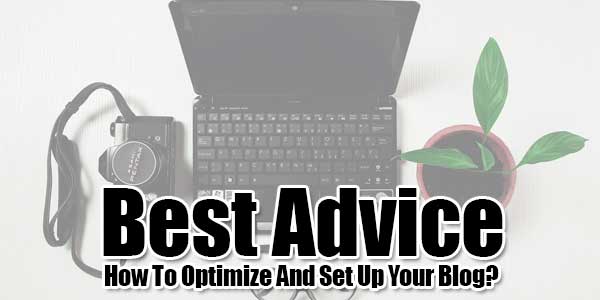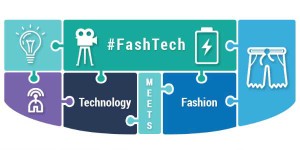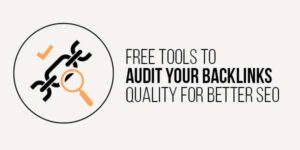
Setting up a new blog and posting original content can be exciting no matter how old you are. Chances are that you have been following predominant bloggers in the past and want to try your hand at blogging.
This is an exciting prospect that you should definitely pursue, even though you may need some professional help to get you started. Optimizing your newly created blog for SEO and monetization will take some time and effort depending on your current expertise, so let’s take a look at some of the best practical tips to do so.
Table of Contents
Choosing A Hosting Platform:
You may or may not have heard that WordPress can provide you with a free blog and get you all set up for blogging. This is only partially true since the free version of WordPress lacks any sort of monetization features, plugin implementation or customization that the premium hosting version does. In order to start blogging like the people that inspired you, you will have to choose a hosting platform that suits your needs and monetary capabilities just like you would choose a dissertation service.
This concerns site stability, security and most importantly it backs up all the data you have online should anything unfortunate happen to the site itself. Choose the right platform for you and start a basic blog that allows you to post content. You will add widgets, plugins and other goodies later on when you learn more about blog management.
Content Creation & Publishing:
While you may intend to post original content on your blog, you should be aware of copyright infringement sooner rather than later. If you post any content on your blog by taking it from somewhere else online and not crediting the original author, they can get wind of your malpractice and target you for infringement.
In most cases, this means that you will have to take the content down or hire a professional writing service to amend for the copied text. Sometimes, the author simply won’t stand for such wrongdoing and pursue you with legal charges if an intellectual property was involved.
Credit the original author whenever you post something that seems interesting but wasn’t made by you. When it comes to your own content, mark it in the footnotes by stating that you reserve all rights to the content and no one can use it without permission.
Proper Use Of Backlinks:
Familiarizing yourself with backlinks is essential once you start posting content regularly. Backlinks represent a bloggers’ way of helping each other out. For example, putting backlinks of popular sites, articles and services into your content and getting them hits will put you on their radar.
In return, they might do the same for you or offer you sponsorship deals, dissertation writing services, discounts, or even backlinks to your own content. If you use one of the best thesis writing services on the web, you will surely have quality backlinks implemented into the content you receive. These links are anchored naturally in content all over the internet and some of the best ones are completely invisible until you actually use them. The more natural they feel the better reception they will receive.

SEO Optimization:
Keywords and SEO are where bloggers tend to get headaches for the first time. In short, Google’s search algorithm consists of optimizing its Search Engine Results Page (or SERP for short) in order to show quality results to people who use Google as their preferred search engine. If you want your content to show up in the first page of said results, you need to use Google’s keyword platform Adwords to optimize your content.
You will often have to change key parts of your titles, subheadings or even the regularity of using certain words in your content. You can hire the best writer in the world but fail to rank your content without proper attention to SEO. This ensures that spam content remains at the bottom of the search results while relevant, original content gets pushed to the top.
Content Monetization:
Monetizing your content is something you should consider as soon as your following starts to grow. There is no reason to skip out on a proper paycheck if you can do so by doing what you love doing. There are several different ways to monetize a blog, some of them more straightforward than others and some of them including thesis help online or clashing with each other. Make sure that you consider all of your options before opting for one of the monetization systems:
Affiliated Marketing:
This method allows you to review services and products with the inclusion of backlinks to a certain site that paid you for promoting them. You might receive an additional payment based on the number of sales you achieved through your affiliate links.
Google AdSense:
Signing your blog up for Google’s advertisement bots might be the best solution for beginners in blogging. Just like with SEO, Google does most of the heavy lifting for you by putting up advertisement banners and backlinks in dedicated spots around your blog. Each time an ad gets viewed or clicked, you will gain a small income.
Sponsored Content:
Similar to affiliate marketing, sponsored content includes blogging about a topic that you were paid for. This can range from reviews, top 10 lists, opinion pieces, etc. You will usually get offers to do such content as soon as your hits reach a certain point and advertisers recognize your blog as relevant to their efforts.
Conclusion:
Setting up a blog initially and posting first pieces of original content is one of the most exhilarating things you will do as a blogger. It will take some time to optimize your blog the way you want to and attract a crowd of people that you feel comfortable with. The more time you spend blogging, the more skills you will learn and transform into a blogger that you can be proud of.

 About the Author:
About the Author:
















Be the first to write a comment.